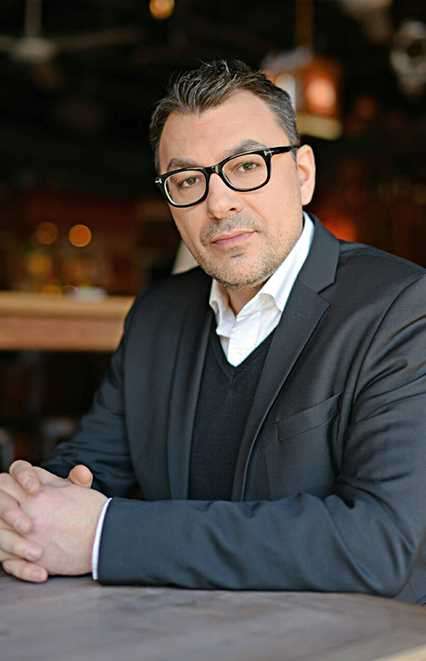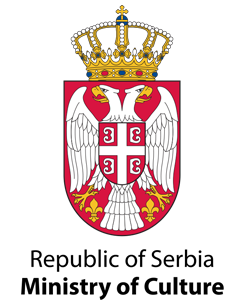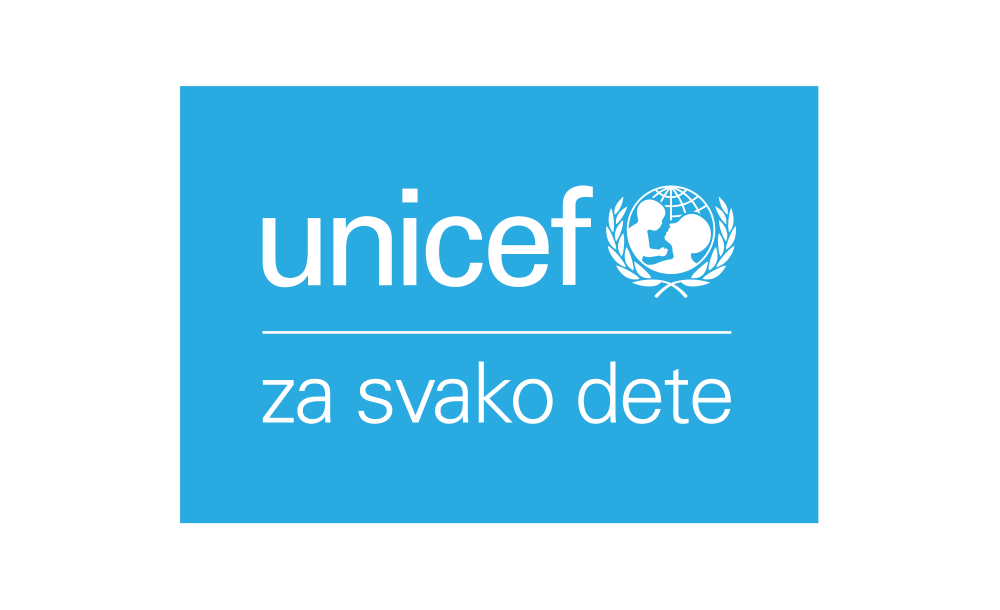With a rich sensibility and refined artistic taste, Jugoslav Pantelić, artistic director of FEST and director of the Yugoslav Film Archive, has artistically steered this festival through turbulent
times for 10 years. During all that time, even in spite of Covid, not even one edition of the festival has been skipped, and with this year's edition, FEST has once again shown its maturity as well as innovation with a selection of films, from classics, through greatest hits and undiscovered small masterpieces of contemporary cinema, to animated films.
For film aficionados and FEST’s loyal audiences, the event's artistic director offers a special little guide of his own to the 52nd FEST.
One gets the impression that even after more than half a century of existence, and under your baton, FEST does not falter. What are the gems of this year's festival?
If we are talking about ‘gems’, it probably means titles that are not the Oscar contenders and did not win awards at major festivals, such as Cannes, Venice, Berlin, and which we will now leave aside, assuming that the audience already knows them and has been waiting for them for a long time. Although it is difficult to list films by name, as you are faced with the need to mention all the titles that you like or that you think are important for the audience to see, I would single outtitles such as ‘All of Us Strangers’ by Andrew Haigh or ‘Memory’ by Michel Franco, as well as the film ‘The Empire’ (L'Empire) by Bruno Dumont, which is also shown at this year's Berlin Film Festival. It is difficult not to mention the master of animation Miyazaki and his film ‘The Boy and the Heron’ (Kimitachi wa dô ikiru ka), as well as genre-specific titles such as, for example, ‘Tiger Stripes’.
There are also films from the Competition Programme, which I am very satisfied with as a whole. Since these films are competing, it is a little ungrateful to single out someone in particular, and on this occasion, I would just like to draw attention to three new films by Serbian directors who have convinced us with their previous works that these are filmmakers who have something to say. It should also be emphasized that we have a very good selection of films from the so-called region, such as the Croatian films ‘Good Times, Bad Times’ (Pamtim samo sretne dane) by Nevio Marasović and ‘The Holy Family’ (Sveta obitelj) by Vlatka Vorkapić and others.
For the classic film lovers, we have the film ‘Godard by Godard’ (Godard par Godard), a documentary about this famous director of the French New Wave. Our audience will have the
opportunity to see Bertolucci's ‘The Dreamers’ in a restored 4K edition, as well as a rarity, a German film from 1937, ‘The Chief Witness’ (Die Kronzeugin), in which our Svetislav Ivan
Petrović plays the main role.
How many films are there, what are the programme sections and what was your guiding
artistic idea this year?
This year's FEST has about 100 films. They are divided into GALA and GALA+ selections, which include films that attracted the most attention the previous year, that won awards, are demanding in terms of production, or are films by established directors. It is the same with the FEST Masters selection, which gathers top filmmakers. These are the directors who we could say are already modern classics, such as Roman Polanski, Woody Allen and others.
There is also the Main Competition Programme, which I have already talked about, as well as two specific programme sections. One is FEST Focus, which this year brings together films with the same/similar theme. These are films that deal with the problems of growing up, specifically the exposure of children and young people to some kind of violence. This selection is particularly important to me, because, in addition to the artistic one, it also has an engaging, educational role, aimed at raising awareness of this problem, which can thus be better recognized and hopefully, prevented.
This year, there is also a new selection, called Dreamlike Film, which includes films with a less conventional expression, films that may not have commercial potential, but which have their own audience, mostly made up of connoisseurs or those viewers who are looking for something a little different from the classic storytelling. The name of the selection was inspired by the book of the same name by our professor and theoretician Marko Babac, who in it analyzed certain works of the history of film, comparing them to the nature of human dreams, which are most often not logical and clear, but which can, in their language, tell us a lot.There are also two selections in which there are no feature films, but animated and documentary
films, as well as FEST Classic, which we have already mentioned.
Do you have your favorite among this year's films at FEST and is the artistic director allowed to be biased or does he leave the ‘relay’ of objectivity to the jury?
There is no such thing as complete objectivity in evaluating art, but we can only agree to a greater or lesser extent on certain criteria. The artistic director of a film festival is of course
allowed to be biased, the same as any other person. However, he must also use the aforementioned aesthetic and other criteria and recognize the quality of a film that may not be in
accordance with his taste. As for favorites, I have already given an answer to that in the first question. I would, however, like to point out that all the mentioned films are not exclusively my favorites, but I am taking into account a wider picture formed by the audience's taste, at least to the extent I can second-guess that taste. Therefore, it is better to say that they are recommendations, rather than favorites.
Who are you proud to bring to the 52nd FEST?
We are proud to host all directors and crews who will come to present their films, as well as jury members and filmmakers who will receive the Belgrade Victor award, and I am pleased that this year it is our Želimir Žilnik, who from the sixties of the twentieth century to today represents one of the key figures of Serbian and Yugoslav cinema and is synonymous with engaged cinema and someone who constantly pushed the boundaries of cinematic expression, as well as Asghar Farhadi, a prominent director of not only Iranian, but also world cinema, who is the recipient of the most prestigious awards.












